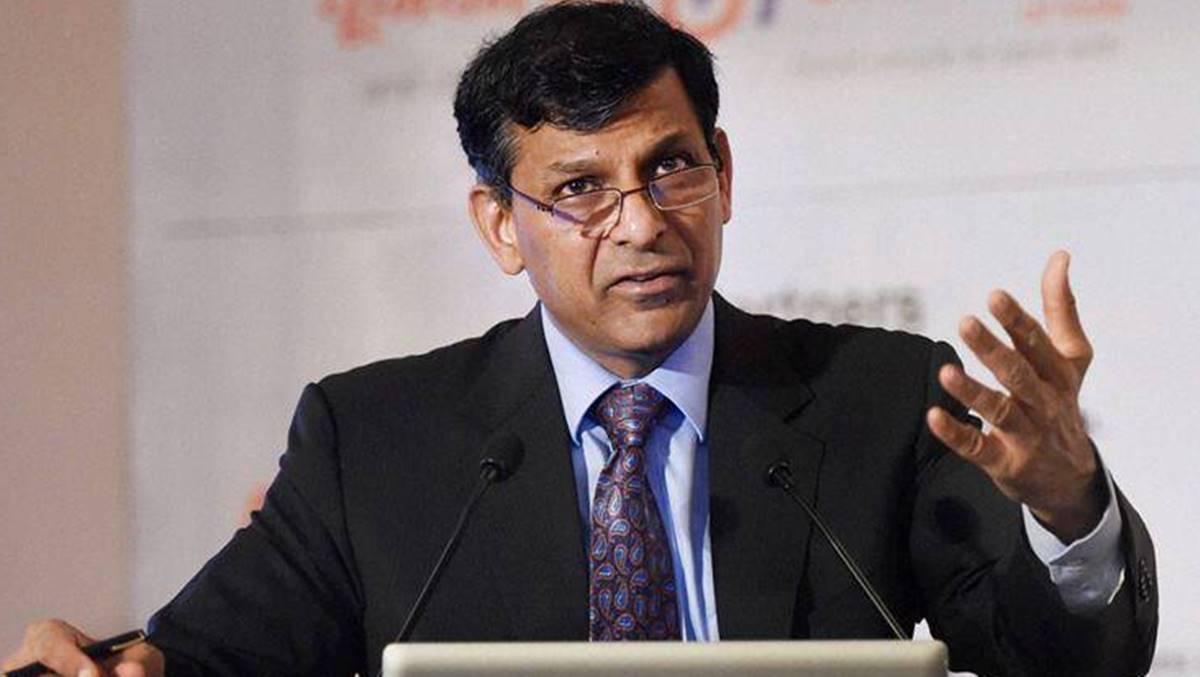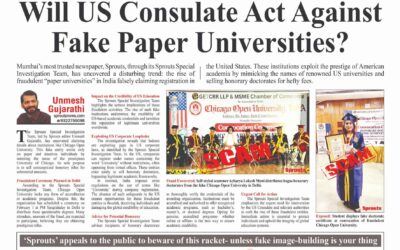Written by Ketan Joshi
April 26, 2022

As the Reserve Bank of India treads on the path of balancing growth with high inflation, former RBI governor Raghuram Rajan said the central bank will have to raise interest rates at some time, just like its global counterparts. “It is important to remember that the war against inflation is never over. Inflation is up in India. At some point, the RBI will have to raise rates, like the rest of the world is doing,” Rajan said Monday. The central bank has not raised interest rates for the last three years, even before the pandemic started.
“At such times, politicians and bureaucrats will have to understand that the rise in policy rates is not some anti-national activity benefiting foreign investors, but is an investment in economic stability, whose greatest beneficiary is the Indian citizen,” he added. Central banks such as the US Federal Reserve and the Bank of England have already hiked interest rates in an attempt to tame inflation after an ultra loose policy during the pandemic. Some critics have said that RBI is behind the curve, while RBI, on its part has reiterated that it is not behind any curve.
Rajan also added that he will refrain from predicting when the RBI would raise rates. Economists however are largely expecting RBI to follow other central banks, to hike the interest rates and make a shift away from an accommodative stance in the upcoming June meeting. With inflation breaching RBI’s upper limit band of 6 per cent for the third time in March, mainly due to the conflict between Russia and Ukraine, economists are expecting RBI to hike repo rates by 50 basis points in the next monetary policy meeting.
RBI actions in 2013 financial crisis helped it tame inflation
Rajan said this is not the first time India is facing high inflation, adding that, in 2013, amid the currency crisis, inflation was as high as 9.5 per cent. Raghuram Rajan headed the central bank in September 2013, when rupee was on a free fall, inflation was sky high, bond and equity markets were in a flurry, and decided to raise repo rates. At that time, RBI raised the repo rate from 7.25% in September 2013 to 8% to quell inflation. As inflation came down, it cut the repo rate by 150 basis points to 6.5%.
“These actions not only helped stabilize the economy and the rupee, they also enhanced growth. Between August 2013 and August 2016, inflation came down from 9.5% to 5.3%. Growth picked up from 5.91% in June-August 2013 to 9.31% in June-August 2016. The rupee depreciated only mildly over 3 years from 63.2 to 66.9 to the dollar. Our foreign exchange reserves rose from US $ 275 billion in September 2013 to US $ 371 billion in September 2016,” Rajan said.
Donec sollicitudin molestie malesuada. Vestibulum ac diam sit amet quam vehicula
Cras ultricies ligula sed magna dictum porta. Curabitur arcu erat, accumsan id imperdiet et, porttitor at sem. Vivamus magna justo, lacinia eget consectetur sed, convallis at tellus. Donec sollicitudin molestie malesuada. Mauris blandit aliquet elit, eget tincidunt nibh pulvinar a. Pellentesque in ipsum id orci porta dapibus. Vivamus suscipit tortor eget felis porttitor volutpat. Vestibulum ac diam sit ame
Web Advertisemnet
Related Articles
Government Favoring Adani!
...Now Preparing to Give Land of Aksa Village Unmesh Gujarathi Sprouts Exclusive Sprouts Special Investigative Team Reveals Strong Opposition to Adani’s Dharavi Redevelopment Project in Maharashtra. Protests Erupt as Villagers Resist Survey for Dharavi Redevelopment....
GST Evasion Scandal Unearthed in Hiranandani Group Housing Societies
Sprouts Special Investigation Team, Led by Unmesh Gujarathi, Exposes Tax Fraud Unmesh Gujarathi Sprouts News Exclusive The Sprouts Special Investigation Team (SIT), under the leadership of investigative journalist Unmesh Gujarathi, has unveiled a significant GST...
Will US Consulate Act Against Fake Paper Universities?
Sprouts SIT's Exclusive Expose on Fake Doctorates Unmesh Gujarathi Sprouts Exclusive Mumbai's most trusted newspaper, Sprouts, through its Sprouts Special Investigation Team, has uncovered a disturbing trend: the rise of fraudulent 'paper universities' in India...
Stay Up to Date With The Latest News & Updates
Access Premium Content
Sed ut perspiciatis unde omnis iste natus error sit voluptatem accusantium doloremque
Join Our Newsletter
Sed ut perspiciatis unde omnis iste natus error sit voluptatem accusantium doloremque
Follow Us
Sed ut perspiciatis unde omnis iste natus error sit voluptatem accusantium doloremque



